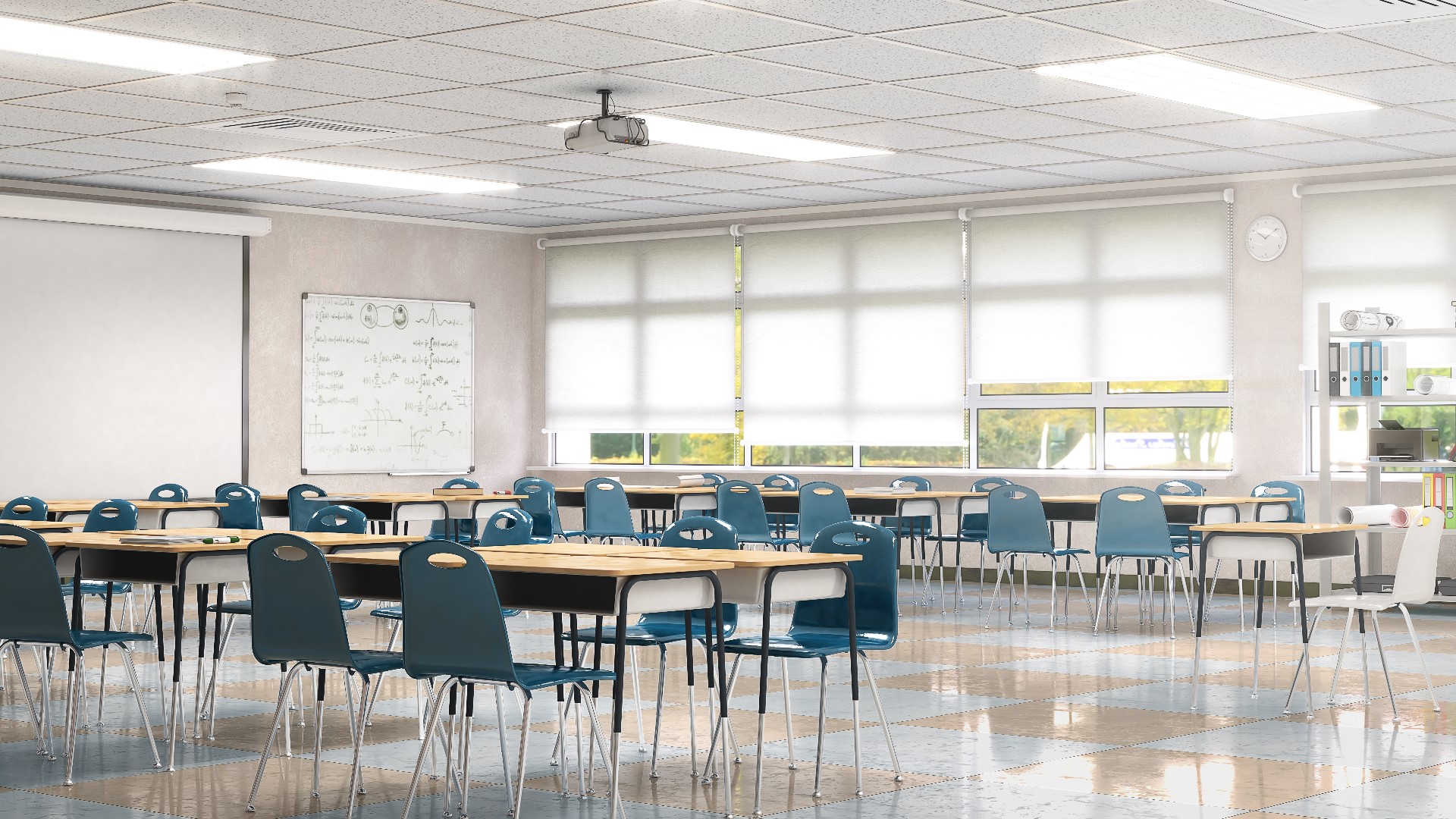DES MOINES, Iowa — For the first time in state history, Iowa families are able to apply for an education savings account to put toward private school tuition and other costs.
This comes from the Students First Act, which Gov. Kim Reynolds signed into law in January. Under the new measure, families will be able to apply for roughly $7,600 per student to use toward private school tuition, fees, and other related costs like textbooks and tutoring.
You can apply for the ESA through a link on the Iowa Department of Education website, which directs you to an Odyssey homepage.
Odyssey is a New York-based company that will be managing the state's program.
In this first year of the program, all students entering kindergarten and public school students can apply for an ESA. Also eligible are private school students whose families are at or below 300% of the federal poverty guidelines. This is roughly $90,000 for a family of four.
Here are the eligibility requirements for the school years that follow.
Year 2: School Year 2024-25
- All entering kindergarten students
- All students enrolled in a public school
- A student enrolled in an accredited nonpublic school with a household income at or below 400% of the 2024 Federal Poverty Guidelines that will be updated January 2024
Year 3: School Year 2025-26
- All K-12 students in Iowa regardless of income.
According to the state website, applications that are able to be verified through the automatic review processes should receive a response within 30 minutes of completion. For example, these applications would use a 2022 Iowa State Tax Return to very residency. Applications that require additional documentation, verification or manual review will take additional processing time. It remains unclear exactly how long that process would take.
The Iowa Legislative Services Agency estimated 14,000 students would apply in year one, with the state budgeting $107.4 million for the program. However, at last check, the Iowa Department of Education said it had received 25,576 applications.
It's unclear how many of these will be accepted. However, if all were, it would cost roughly $194 million, well over the state's budgeted amount.

